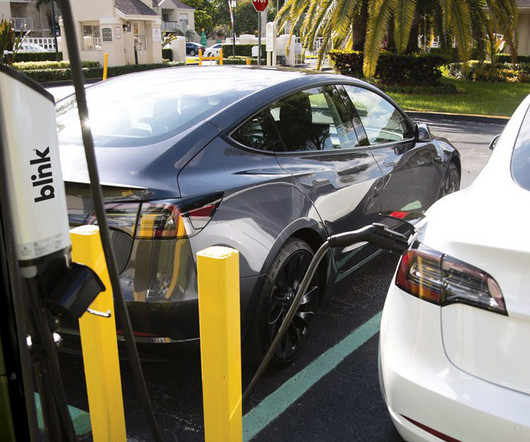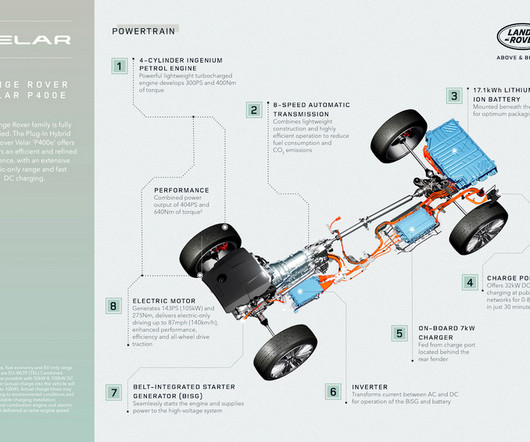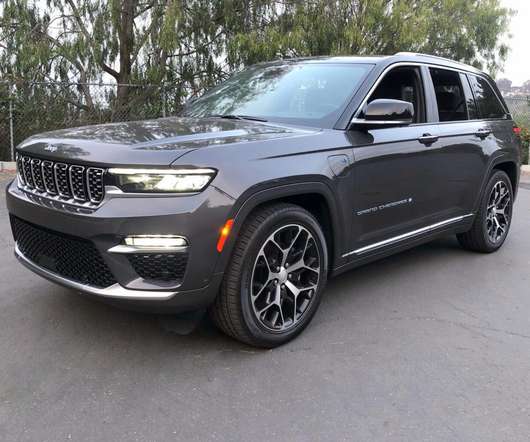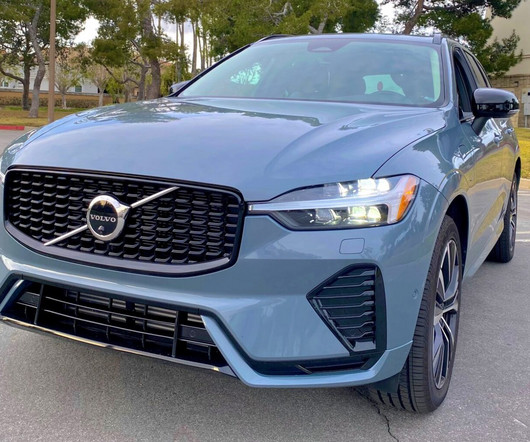UK researchers report that alcohols in windshield washer fluid are major unreported source of VOCs emissions from cars, including EVs
Green Car Congress
JUNE 8, 2023
There are widespread policy assumptions that the phase-out of gasoline and diesel internal combustion engines will over time lead to much reduced emissions of Volatile Organic Compounds (VOCs) from road transport and related fuels. While some VOCs are released in exhaust, others may arise from an unexpected source—e.g.,









































Let's personalize your content